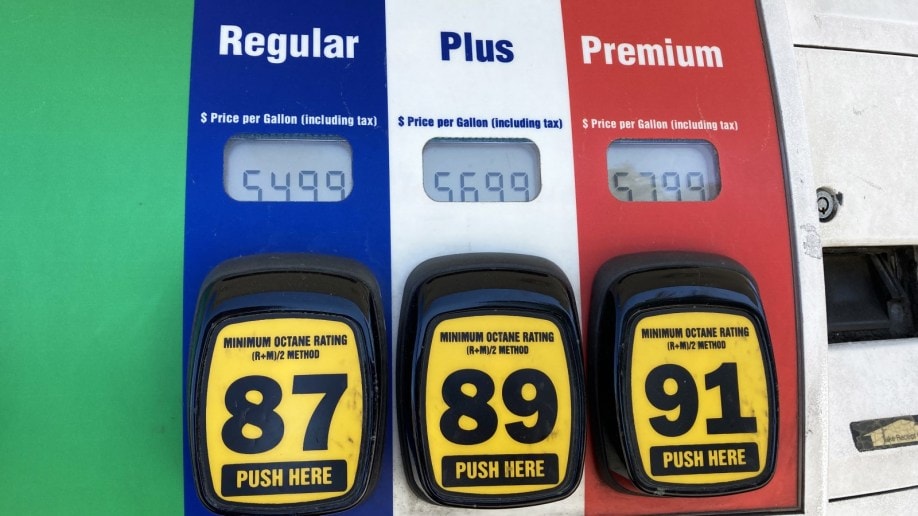Unleaded gas is pump gasoline that contains no tetraethyl lead (TEL) additives. TEL was added to gasoline to boost its octane levels and reduce engine knock (irregular combustion). Whenever you pull up to the pump and see the signs indicating what type of fuel is available, the choices will be varieties of unleaded gasoline and diesel fuel.
Scientists have known about health concerns from leaded gas since refiners first added TEL in the 1920s. Lead exposure can cause serious health problems, such as brain damage, especially in children. Lead poisoning could result in death.
After several decades of mounting evidence against TEL, the United States Environmental Protection Agency (EPA) began a phaseout of lead additives in gasoline production in the 1970s. New emissions standards and the 1975 federal requirement that car makers install catalytic converters on all new vehicles expedited that phaseout. Lead in exhaust emissions would build up and irreparably clog catalytic converters.
In 1996, the Clean Air Act banned the sale of leaded gas for on-road vehicles in the U.S.








